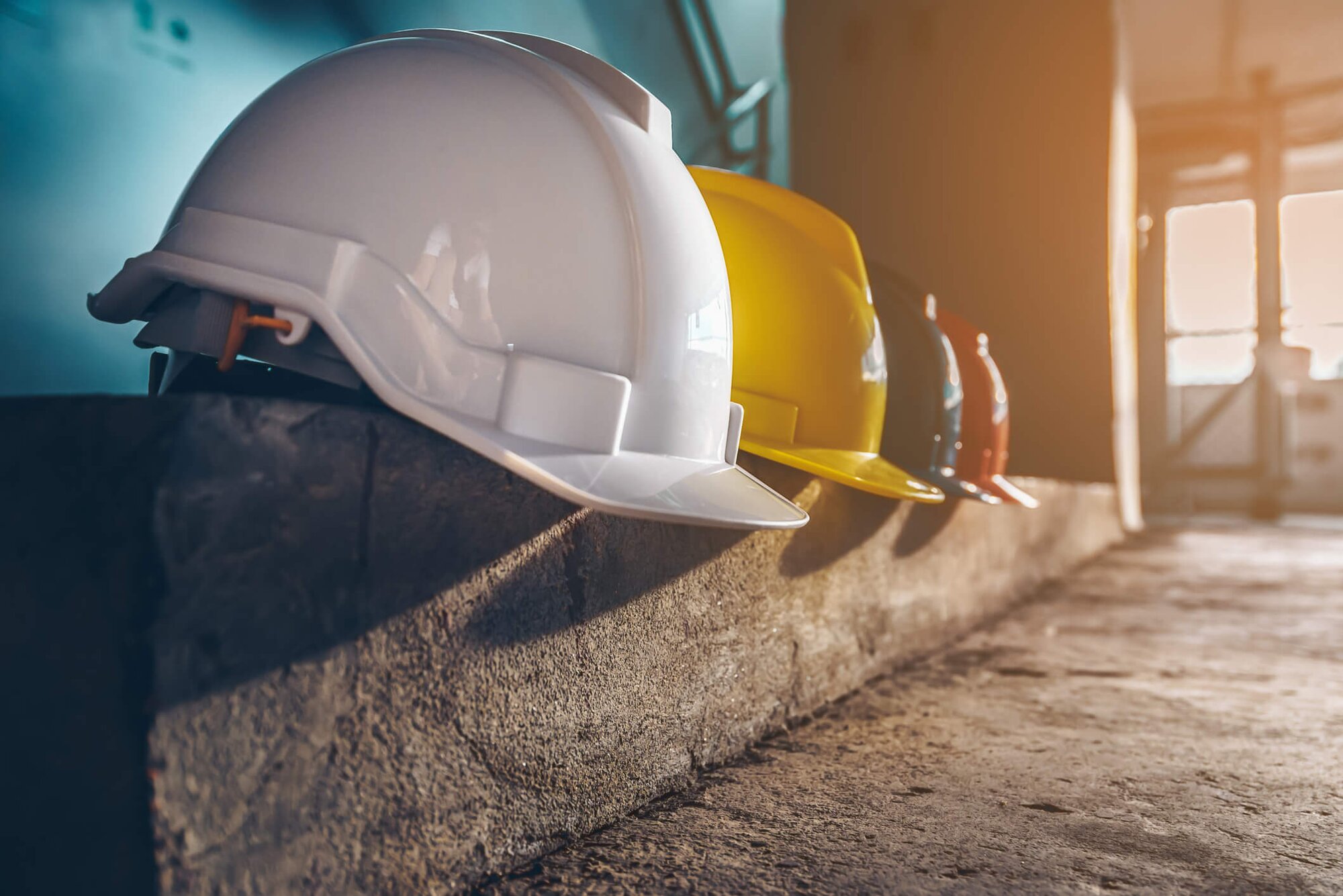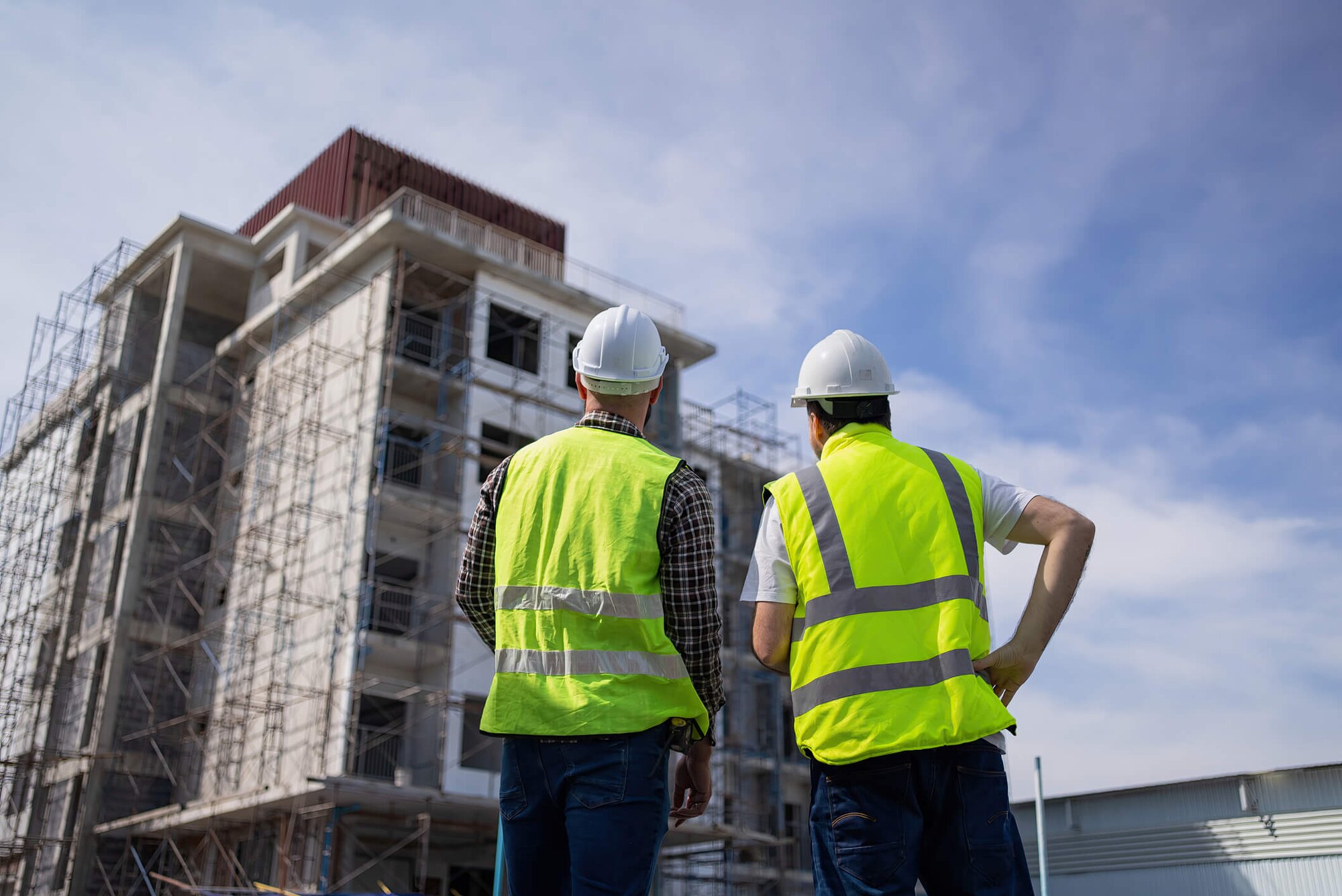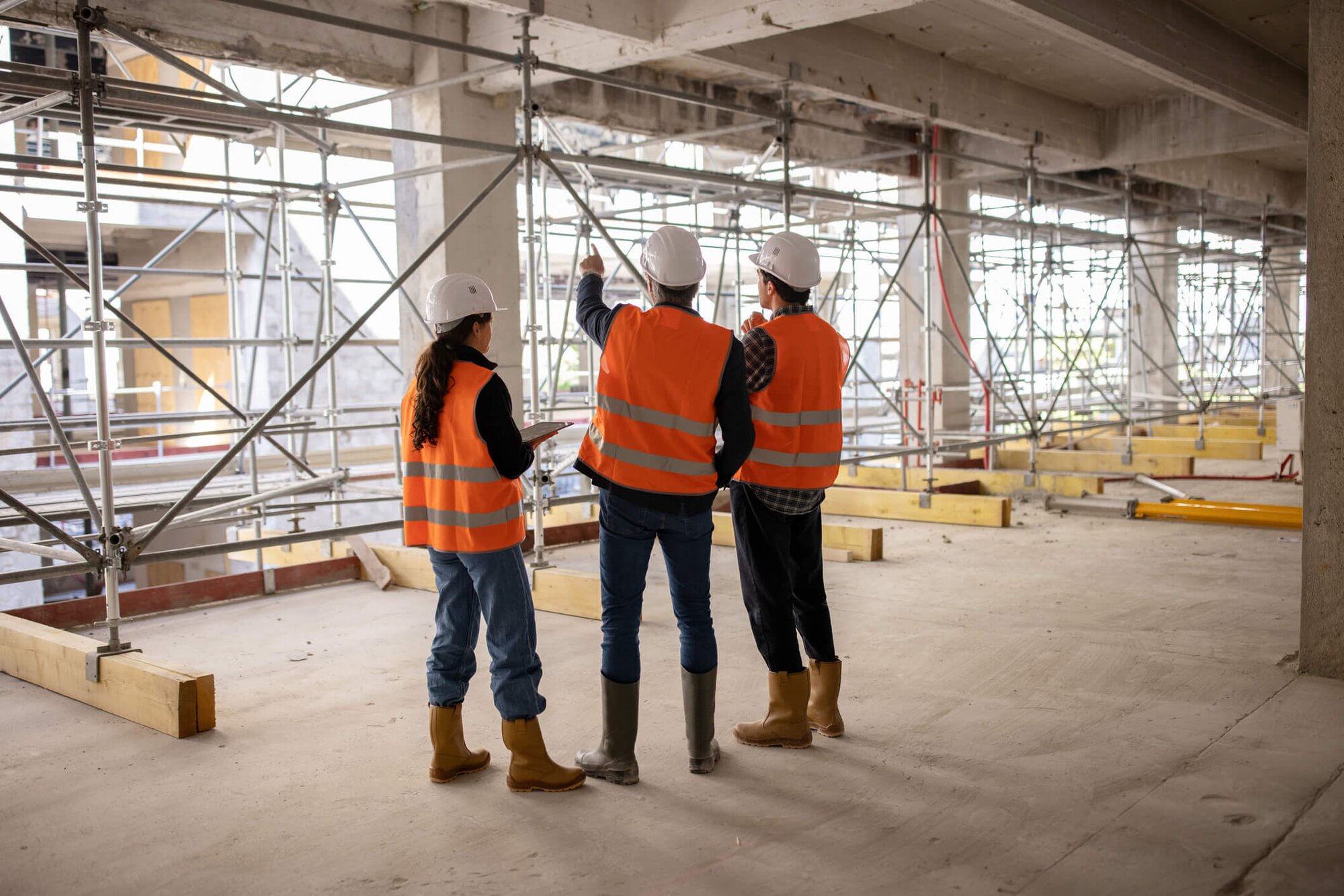Buildings contribute roughly one-third of New York state’s greenhouse gas emissions. To cut that footprint, the state is rolling out a new all-electric mandate for new construction starting this December.
The law bans gas stoves, heaters, and other fossil fuel-powered appliances in new buildings. This phased approach comes from the All-Electric Buildings Act, which was passed over two years ago but only now moves toward enforcement.
This makes New York the first state in the country to require new buildings to be fully electric.
New York City, the nation’s largest commercial real estate market, already enforces similar rules through Local Law 154. That law, which started last year, places tough limits on carbon emissions in new construction, effectively requiring electric-powered buildings in phases over time.
The statewide mandate’s final approval came after the Fire Prevention and Building Codes Council signed off on building code changes in late July. This was the last step before the law officially takes effect. The move followed a U.S. District Court ruling that dismissed legal challenges from unions and trade groups, including the New York State Builders Association.
At this point, the Builders Association has not commented on any plans to continue legal challenges.
What Contractors Need to Know About the Timeline
Here’s the rollout schedule contractors need to know: starting December 31, 2025, all new buildings seven stories or less must be all-electric. This excludes commercial or industrial buildings larger than 100,000 square feet. Then, by December 31, 2028, the mandate will extend to all new buildings, including large commercial properties.
There are important exceptions. Buildings such as restaurants, hospitals, doctors’ offices, factories, and agricultural facilities are exempt from the all-electric requirement. Existing buildings won’t have to convert. That means any repairs or renovations can continue to use gas appliances, and gas appliances can be replaced with new gas models as needed.
Planning Ahead Is Critical for Contractors
For commercial contractors working in New York, these changes have real implications. Planning and design will have to account for electrical systems powering everything from cooking equipment to heating. Gas hookups will no longer be an option in most new builds under seven stories, and soon after, even larger commercial projects will have to comply.
This shift means contractors should get ahead of the curve. Early coordination with engineers, architects, and suppliers will be critical to avoid costly delays or redesigns. Material procurement must reflect electric appliance needs, and labor crews might require updated training on electrical system installs versus traditional gas work.
Failure to align projects with the new law could cause budget overruns and schedule setbacks. On the other hand, contractors who plan ahead will position themselves to win bids in a market moving quickly toward electrification.
In short, New York’s all-electric building mandate marks a major shift for commercial construction. It reflects growing efforts to reduce emissions but also brings new challenges. Contractors who understand the timeline and technical requirements will have a competitive edge as these rules take hold over the next several years.



